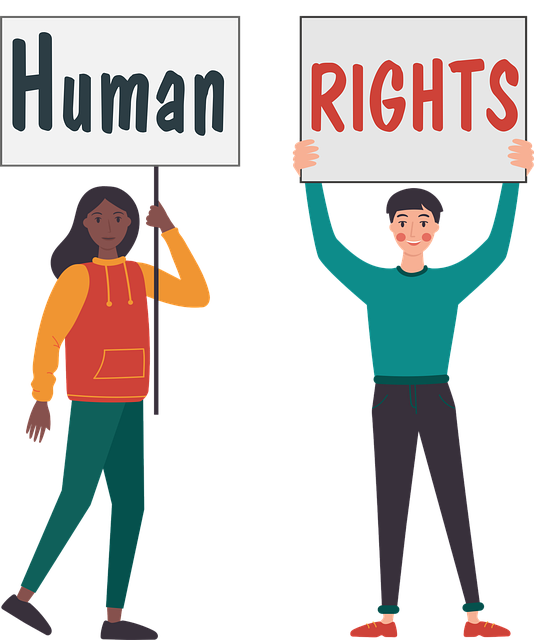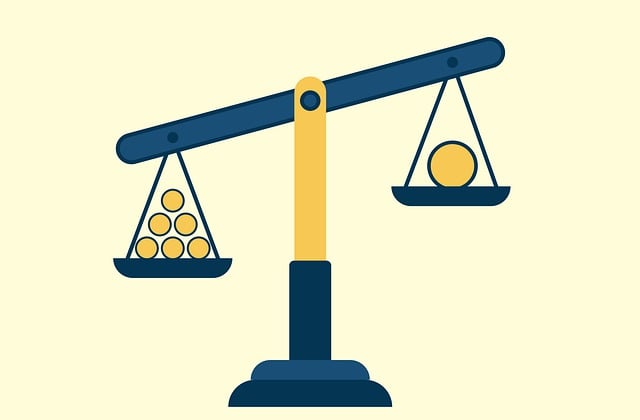Oregon's robust child welfare system, overseen by the Department of Human Services (DHS), is built on stringent laws and policies to protect and support vulnerable children and families. Key aspects include fair treatment, defined rights for both parents and children, mandatory reporting, foster care placement guidelines, and parental rights termination procedures. Understanding these intricate regulations, accessible through Oregon DHS statutes, is vital for social workers, parents, and guardians to ensure optimal outcomes for at-risk youth.
Understanding Oregon’s child welfare laws and policies is crucial for both families and professionals navigating this complex system. This comprehensive guide delves into the definition and scope of Oregon’s child welfare system, roles of key stakeholders like Oregon DHS and social workers, and legal rights for children and parents. We explore Oregon’s DHS statutes, reporting procedures, and the process of involving child welfare services. Additionally, we highlight legal obligations for parents, available resources, and support for families affected by these laws. By understanding these aspects, folks can effectively navigate and advocate within Oregon’s child welfare landscape.
- Oregon Child Welfare Laws: An Overview
- – Definition and scope of Oregon's child welfare system
- – Roles and responsibilities of key stakeholders (e.g., Oregon DHS, social workers)
- Legal Rights of Children and Families in Child Welfare Cases
- – Rights of both children and parents/guardians during investigations and proceedings
- – Legal protections against unfair treatment or arbitrary decisions
Oregon Child Welfare Laws: An Overview

Oregon has a comprehensive set of child welfare laws and policies in place to protect and support vulnerable children and families. These laws outline the responsibilities of various agencies, including the Oregon Department of Human Services (DHS), in ensuring the safety and well-being of children within the state. Navigating these laws is crucial for anyone involved in child welfare, from social workers to parents and guardians.
The Oregon DHS statutes cover a wide range of topics, including investigation procedures, removal of children from their homes, foster care placement, and termination of parental rights. Understanding these legal obligations is essential for all parties to ensure fair and just outcomes. Legal rights within child welfare are also well-defined, protecting the interests of both children and parents while guiding the process through the court system.
– Definition and scope of Oregon's child welfare system

Oregon’s child welfare system is designed to protect and nurture children who are at risk or in need of safe and stable homes. This system, governed by Oregon DHS (Department of Human Services), encompasses a range of services and supports aimed at keeping families together while ensuring the well-being of vulnerable children. The scope includes prevention services, such as family support and education, as well as intervention measures like temporary placement, adoption, and permanency planning.
Navigating Oregon child welfare laws and policies involves understanding the legal rights of both parents and children, with a strong emphasis on the state’s legal obligations to provide safe, appropriate care. These statutes cover various aspects, from initial reporting requirements to foster care regulations and adoptions procedures. By adhering to these guidelines, Oregon DHS works towards achieving the best outcomes for children involved in the child welfare system, ensuring they receive the necessary services and resources for a brighter future.
– Roles and responsibilities of key stakeholders (e.g., Oregon DHS, social workers)

In Oregon, the Department of Human Services (DHS) plays a pivotal role in child welfare services, responsible for ensuring the safety and well-being of children within the state. DHS is charged with investigating reports of child abuse and neglect, providing temporary placement and support services, and working collaboratively with families to achieve long-term stability. Social workers are at the forefront of this process, acting as advocates for children while also facilitating family-centered interventions. They assess family situations, develop case plans, and coordinate resources to meet the unique needs of each child and family.
The legal rights of children and their families are a cornerstone of Oregon’s child welfare laws and policies. These rights include the right to safety, stability, and timely resolution of cases. DHS is bound by specific statutes and regulations that outline its legal obligations, including mandatory reporting requirements, criteria for removing children from their homes, and procedures for informing and involving parents throughout the process. Navigating these laws is crucial for all stakeholders to ensure fair and effective child welfare practices in Oregon.
Legal Rights of Children and Families in Child Welfare Cases

In Oregon, both children and families have specific legal rights when involved in child welfare cases, as outlined in the Oregon DHS statutes. These rights are designed to ensure fairness, protect privacy, and maintain family integrity during proceedings. Children have the right to be treated with dignity and respect, to remain with their families whenever possible, and to participate in decisions affecting their lives, especially regarding placement and case plans.
Families facing child welfare interventions have the legal obligation to cooperate with Oregon DHS but also possess the right to counsel, ensuring they understand their options and the process. They can challenge any actions or decisions made during the case and are entitled to a fair hearing if they disagree with the proposed course of action. Navigating Oregon child welfare laws is crucial for both parties, emphasizing the importance of seeking legal advice to ensure all rights are protected throughout the process.
– Rights of both children and parents/guardians during investigations and proceedings

In Oregon, both children and their parents or guardians have specific legal rights when it comes to child welfare investigations and proceedings. According to Oregon child welfare laws and DHS statutes, parents are entitled to be informed of the nature and purpose of any investigation, to request a meeting with the caseworker, and to participate fully in all decision-making processes related to their child’s care. They also have the right to retain legal counsel and to challenge any proposed actions or placements.
Children, on the other hand, are guaranteed the right to privacy, safety, and stability during these proceedings. They should be protected from harassment, discrimination, or any form of retaliation. Additionally, children have the right to express their wishes and concerns regarding their care, although these statements may not be used against their parents in court. Navigating Oregon child welfare policies requires a deep understanding of these legal rights and obligations to ensure fair and just outcomes for all involved parties.
– Legal protections against unfair treatment or arbitrary decisions

In Oregon, understanding and knowing your legal rights in child welfare cases is paramount. The state’s child welfare laws and policies are designed to ensure fair treatment and protect the best interests of children. Parents and guardians have the right to due process, meaning they should receive clear notices, be informed of their options, and have the opportunity to participate actively in any proceedings related to their child’s welfare. Oregon DHS statutes mandate that all decisions regarding foster care placement, removal, or services must be made in accordance with these laws, based on substantial evidence and sound judicial interpretation.
Navigating Oregon child welfare laws can be complex, but it is crucial for those involved. The legal obligations of both the state and parents are clearly outlined to prevent arbitrary decisions and ensure a transparent process. This includes the right to legal representation, access to records, and the ability to appeal any adverse decisions. By familiarizing themselves with these protections, families can better understand their place in the system and advocate for their child’s well-being.
